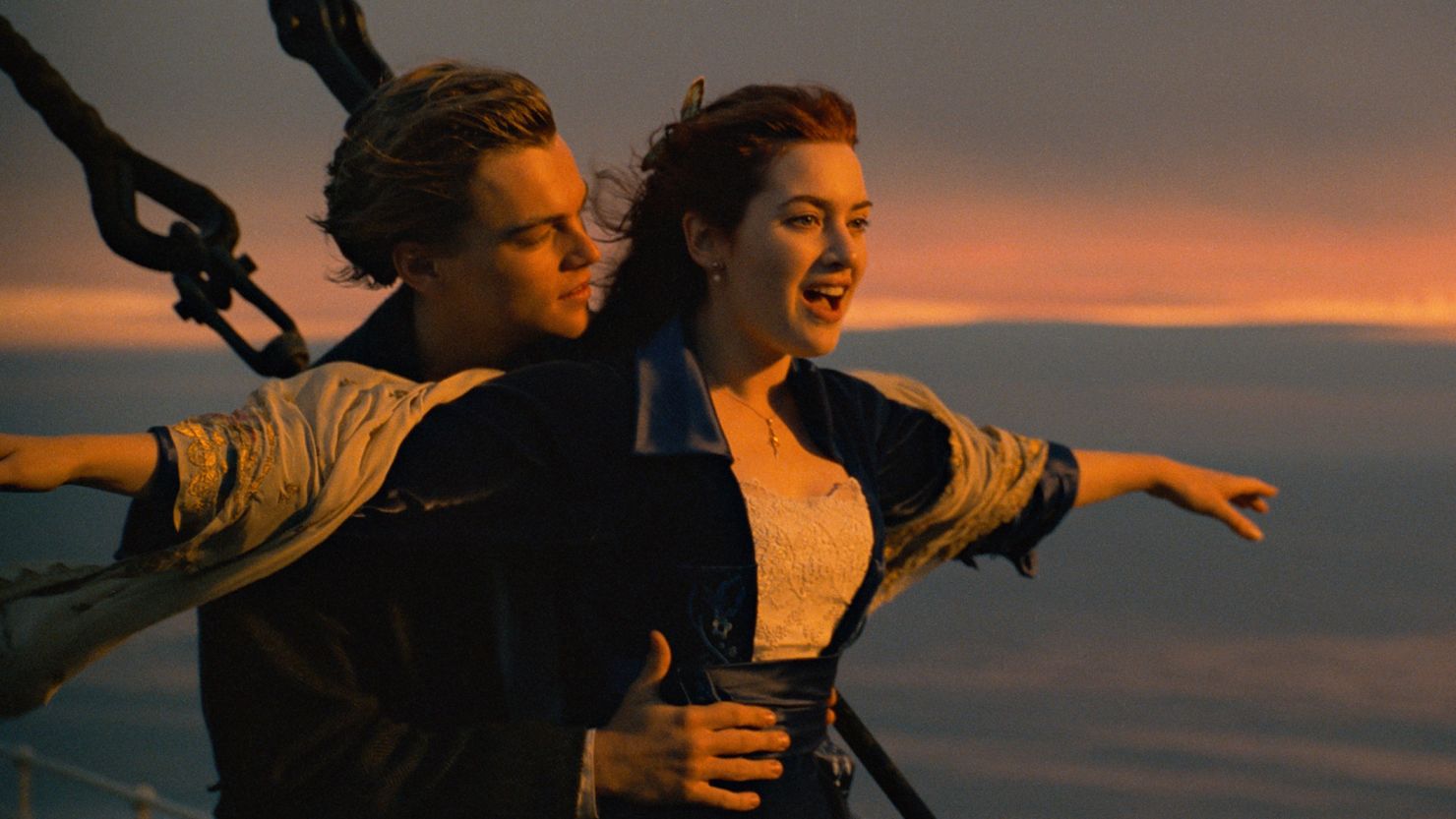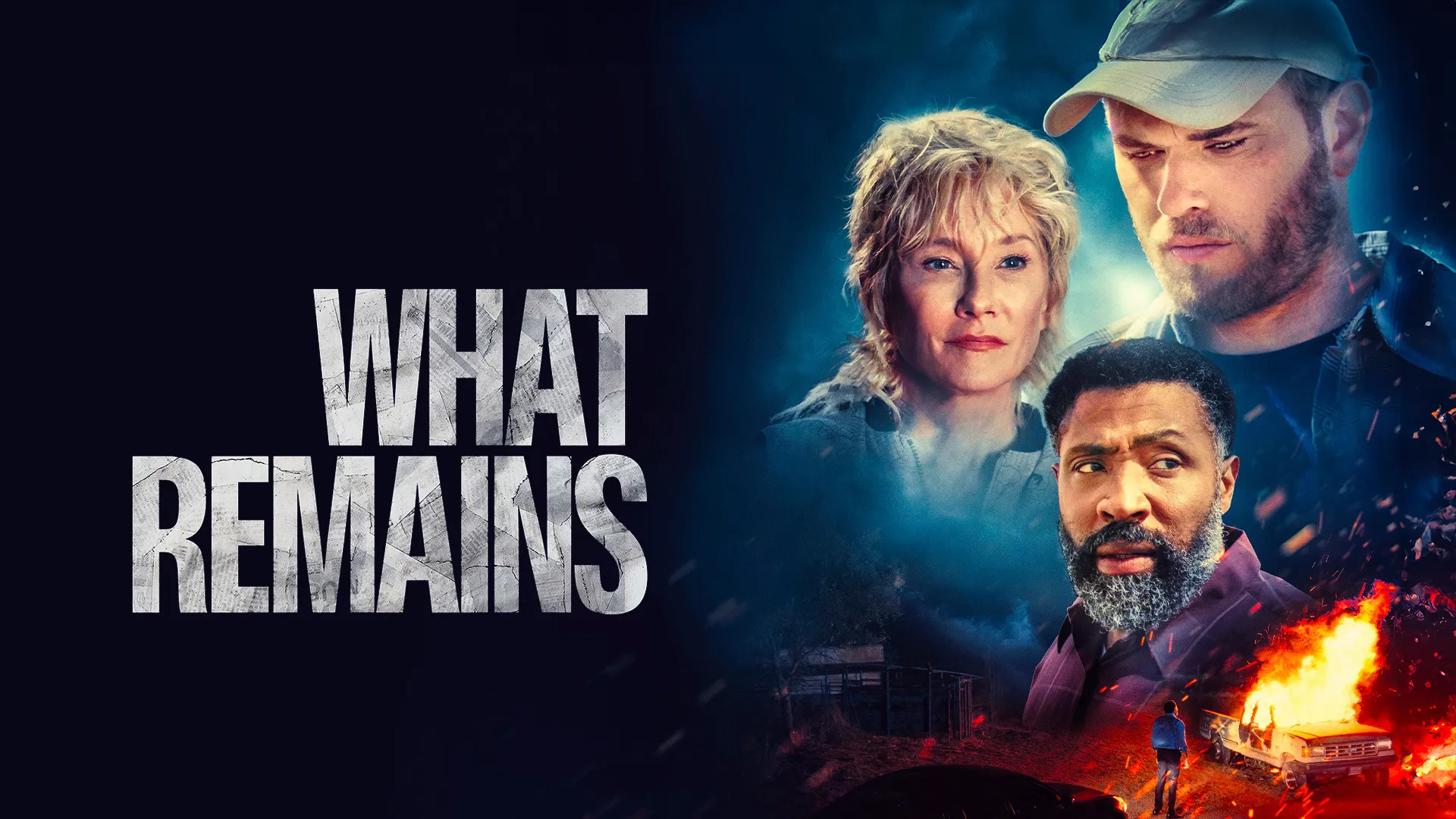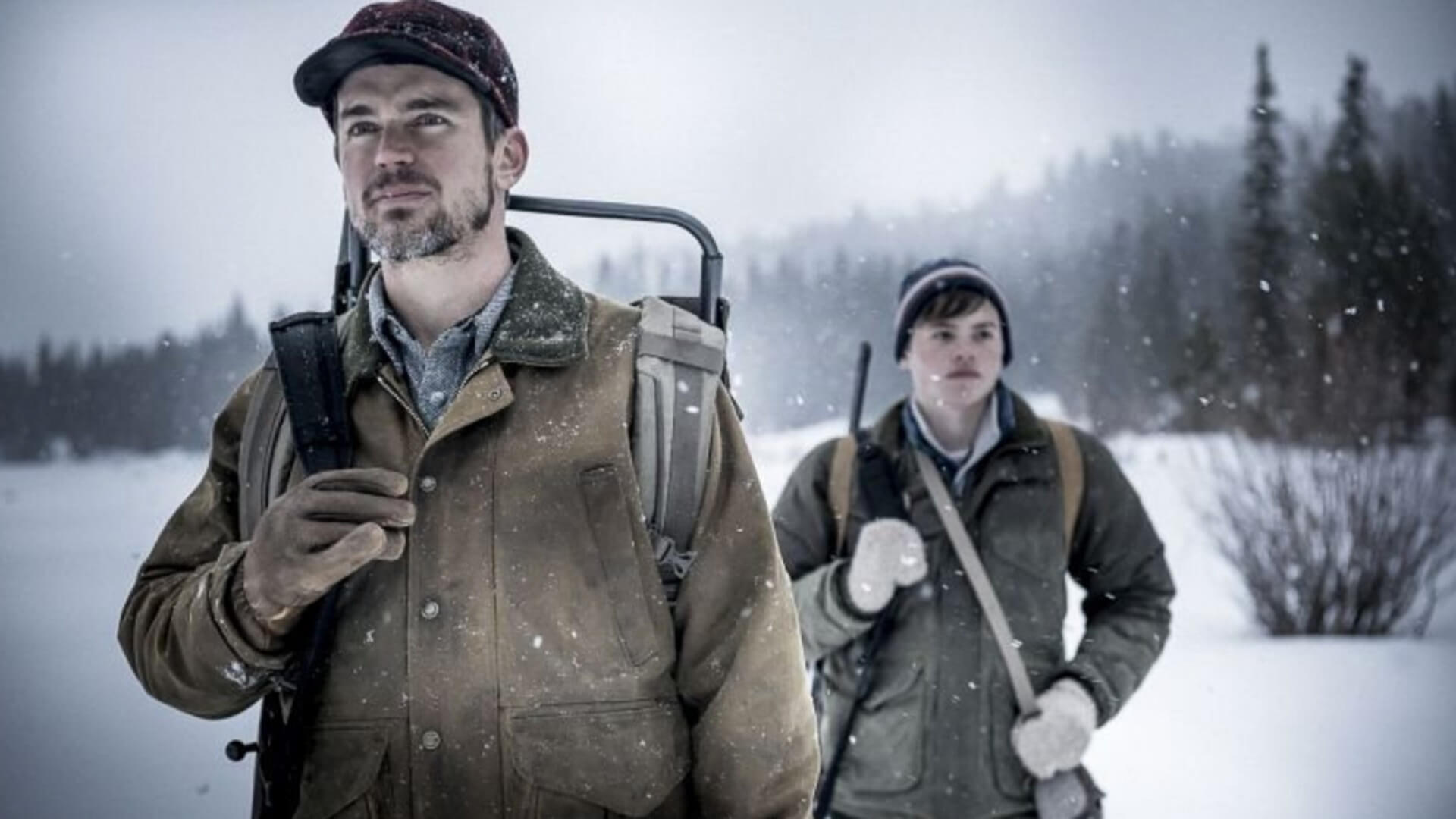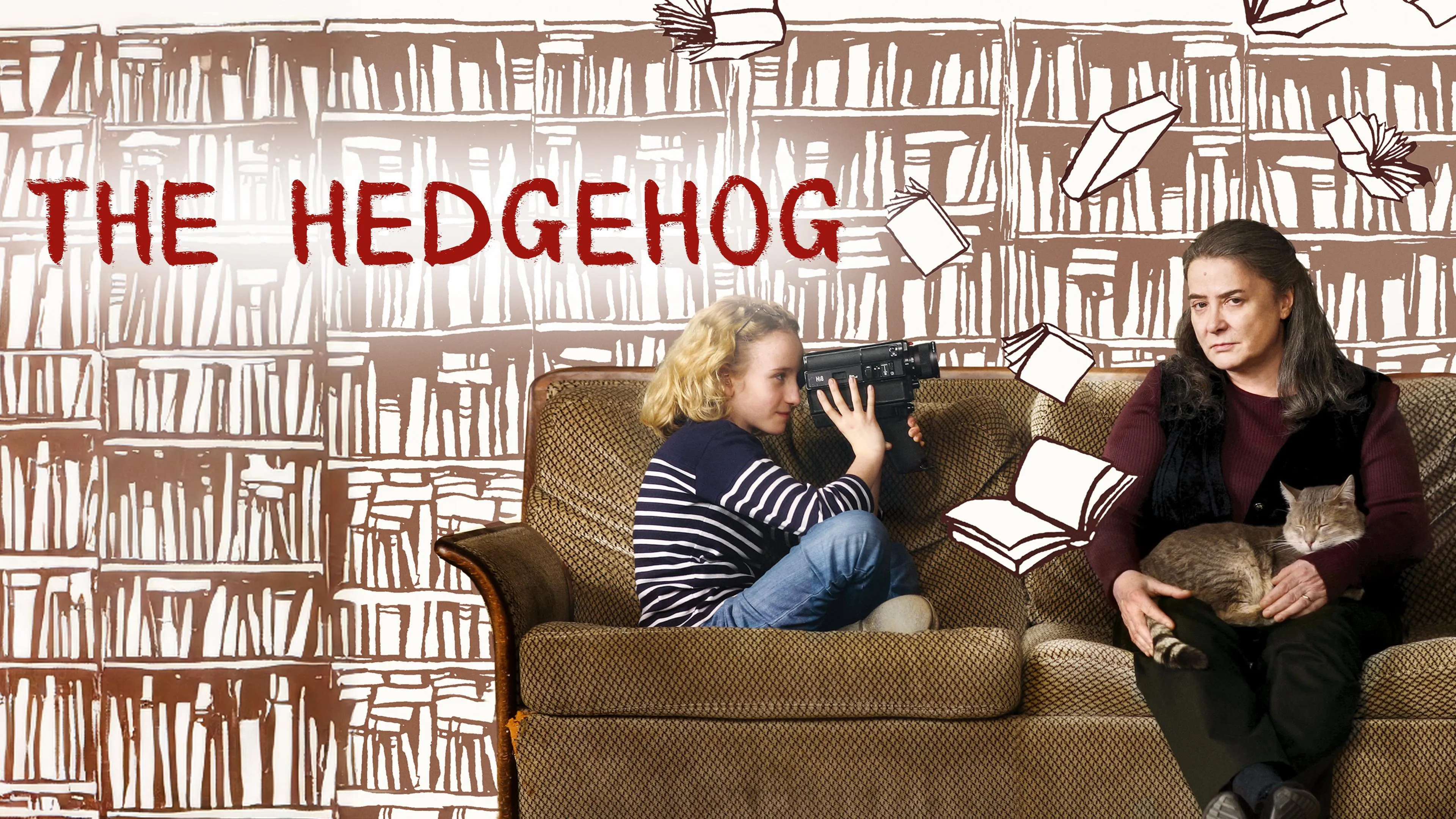The Guardians (Les Gardiennes, 2017), directed by Xavier Beauvois, is a beautifully shot and emotionally restrained French historical drama that pays tribute to the women who held France together during World War I. Set in the rural French countryside, the film tells a story often left out of war narratives—not of the battlefield, but of those who remained behind.
The film centers on the Paridier family farm, run by Hortense (played with quiet strength by Nathalie Baye), a matriarch whose sons and son-in-law are off fighting at the front. With the men gone and the harvest approaching, Hortense hires Francine (Iris Bry), a strong, capable young woman from a modest background, to help with the demanding work.

As war drags on, the women labor through the seasons—plowing, planting, harvesting, and maintaining the land with grit and endurance. There’s a steady rhythm to their lives, dictated by the earth and the absence of the men they love. But beneath the surface, tension simmers: class divides, romantic jealousy, and the emotional toll of war threaten to unravel what little peace they’ve managed to preserve.
Francine, kind and resilient, becomes the heart of the story. Though quiet, she represents a generation of women who gained independence, self-worth, and dignity through hard work and perseverance—only to be reminded of their lower social standing when the old world tries to reassert itself.

Unlike traditional war films, The Guardians is slow, reflective, and deeply human. Its cinematography is stunning, capturing wide pastoral landscapes and the harsh beauty of working the land. The score is minimal, allowing silence and natural sounds to speak volumes.
Beauvois handles the material with sensitivity, never sensationalizing. The film’s emotional power lies in its restraint—small moments of connection, quiet heartbreak, and the unspoken burden of those who endured the war at home.

The Guardians is a tribute to the unsung heroines of history: the mothers, sisters, and daughters who bore the weight of a world at war and emerged, scarred but strong. It’s a story about dignity, labor, and betrayal, and a reminder that courage does not always wear a uniform. Sometimes, it wears an apron and carries a plow.



